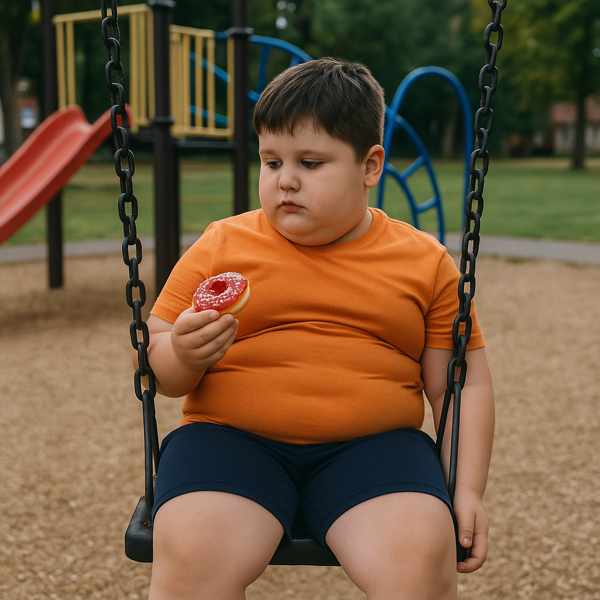A Parent’s Guide to Kids’ Weight Loss
A Parent’s Guide to Kids’ Weight Loss
Blog Article

Childhood obesity is becoming a health crisis in many parts of the world.
Helping children achieve a healthy weight involves creating lifelong habits, not strict dieting or quick fixes.
Understanding Childhood Weight Gain
Children may gain weight due to a mix of factors, such as:
- Sedentary lifestyles
- High intake of sugar, fast food, and empty calories
- Food used as comfort or reward
- Lack of sleep
Addressing the root causes helps create long-term solutions.
When to Be Concerned
Look for:
- Sudden or steady weight gain
- Could signal health or confidence issues
- Avoiding physical activities or group sports
- Secretive snacking, constant hunger, or skipping meals
Always consult a pediatrician before making major changes.
Simple Steps for Long-Term Results
Start with small, sustainable shifts like:
- Avoid processed snacks and takeout
- Adding more fruits and veggies to their plate
- Cut hidden sugars from drinks
- Dancing, biking, playing outdoors
Make changes together so your child feels supported, not singled out.
Get Kids Moving Without Pressure
Ideas include:
- Walking the dog as a family
- Encourages more active hobbies
- Joining community sports teams
- Turn health into a game
The goal is consistency and enjoyment—not perfection.
Supporting Mental and Physical Health Together
Kids need:
- Positive reinforcement
- Weight loss is a side effect of better habits
- Avoid shame and secrecy
- Encouragement to love their body
When kids feel good emotionally, they’re more likely to get more info make healthy choices.
When to Get Professional Help
It may be time to talk to a specialist if:
- Guidance can prevent harm
- Could indicate deeper struggles
- Weight gain continues despite healthy changes
- Support makes the journey easier
Healthy Kids, Happy Lives
With the right tools, encouragement, and consistency, children can grow up strong and healthy.
Start small, stay kind, and focus on health, not numbers. Report this page